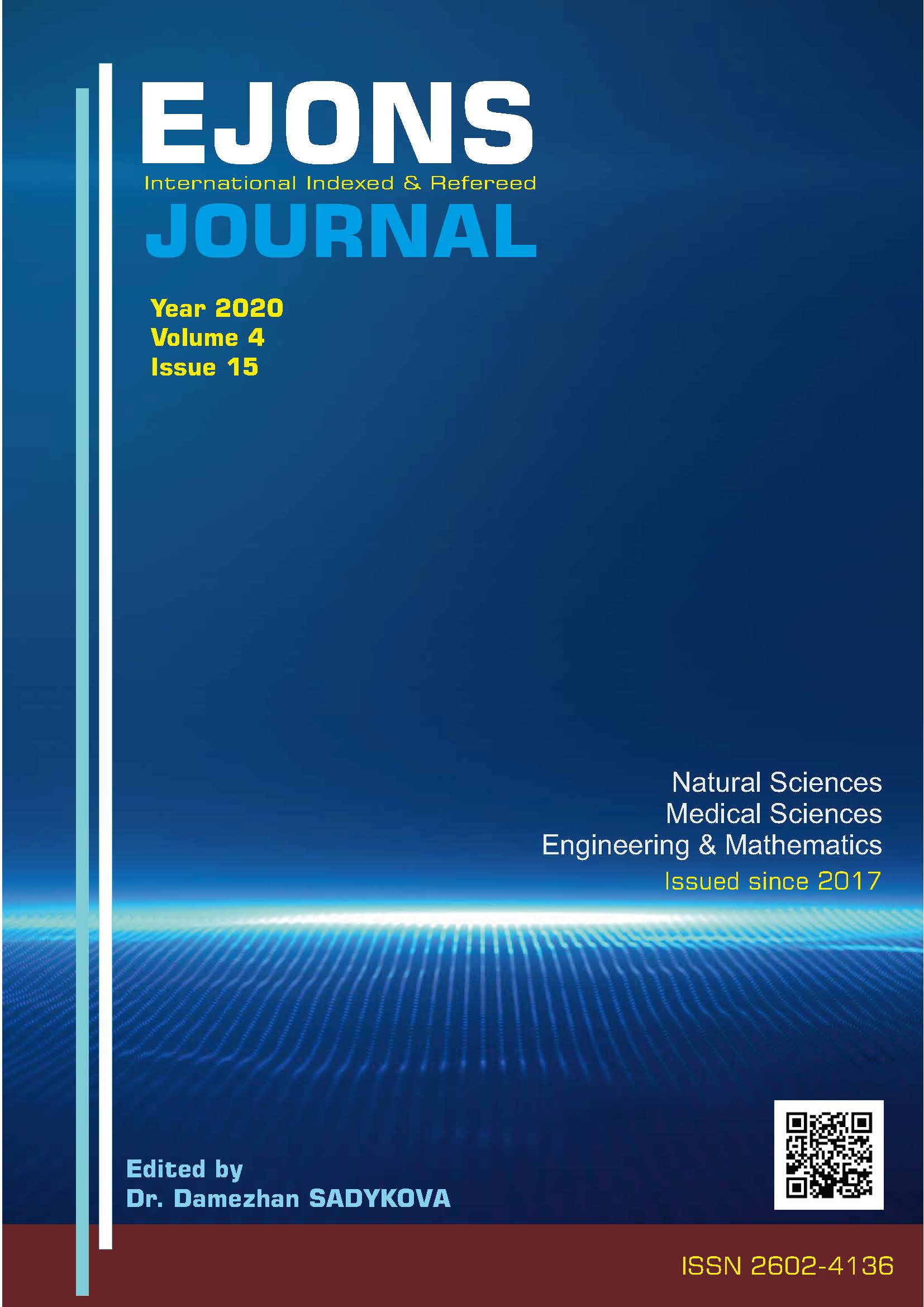The effects of diffrent agricultural wastes on some microbiological properties of soil
Keywords:
Agriculltural wastes, microbial biomass carbon, soil enzyme, soil, incubation timeAbstract
Agricultural wastes affect the soil’s physcal and chemical properties as well as microbiological activity. Enzymatic activity of soils is considered as an important indicator. In this study, it is aimed to determine the effects of plant harvest residues and agricultural industrial wastes on some mivrobiological properties of soil. In the experiment, lentil stalk, barley stalk, paddy stalk and pistachio shell were used as plant harvest residues and whey and molasses were used as agricultural waste: The wastes were applied to the soil in 5 different doses (%0, % 2.5, %7, ve %10 ). The samples were taken from soils on different incubation days (3, 7, 28 and 126). After the wastes were mixed with soil, water was added until it was brought to field capacity. The experiment was carried out according to randomized plot design. The samples were taken from the soil depending on the incubation period, microbial biomass carbon content, dehydrogenase, alkaline phosphatase, ß-glucosidase and urease enzyme activities of soil were investigated. As a result of research, the effects, of wastes on the microbiological properties of the soils showed differences depending on application doses, waste type abd incubation time. The application of agricultural wastes to the soil significantly increased the microniological properties of the soil compared to the control. It was concluded that the agrşcultural wastes used in the study could be used effectively in increasing the microbiological activity of the soil.
Downloads
Published
How to Cite
Issue
Section
License

This work is licensed under a Creative Commons Attribution-NonCommercial 4.0 International License.


